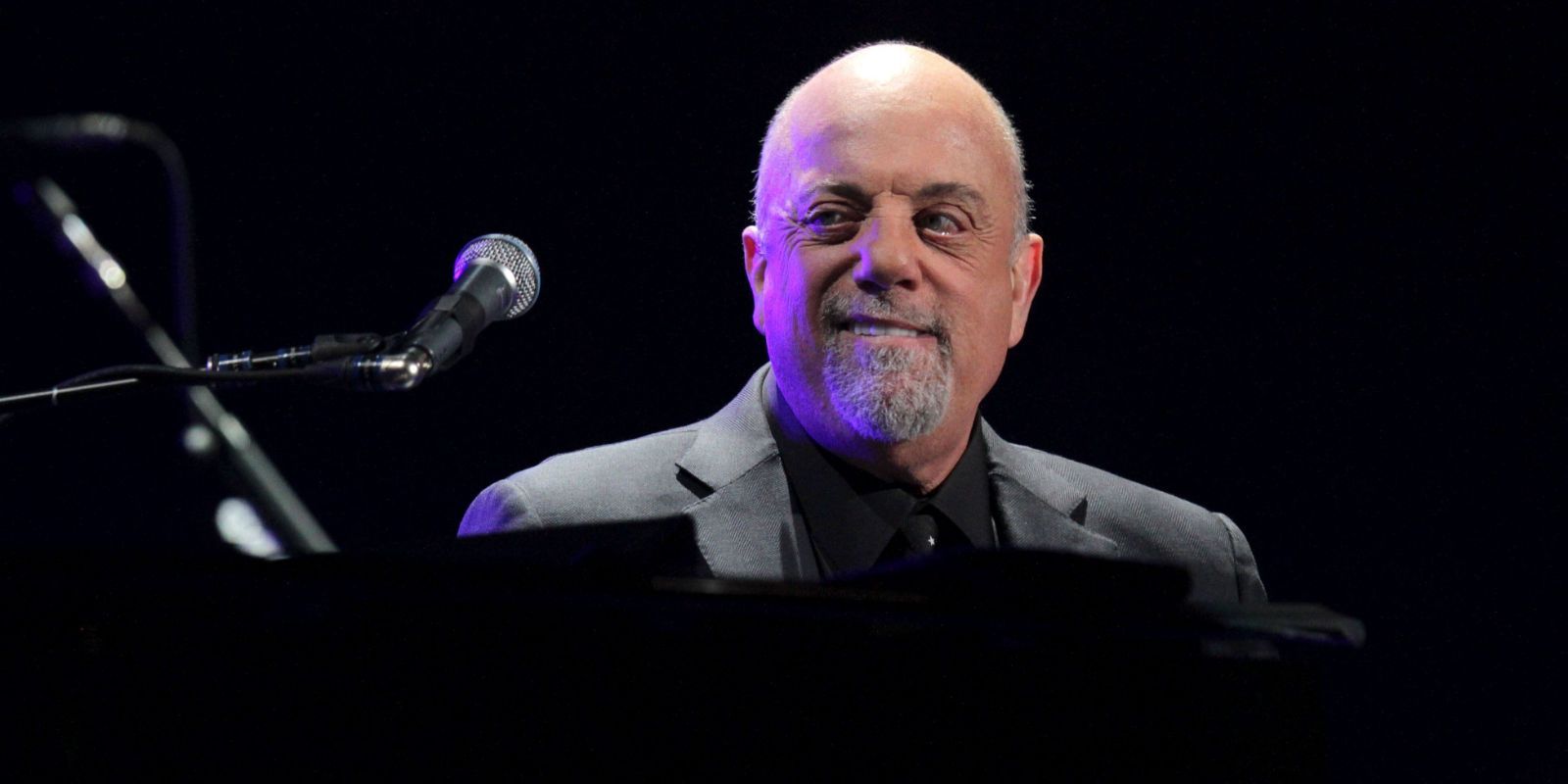Billy Joel, a name synonymous with timeless music, has captivated audiences for nearly six decades. As one of the world’s most celebrated singers, songwriters, and pianists, Joel’s contributions to music are undeniable. His iconic hits like ‘Piano Man,’ ‘New York State of Mind,’ and ‘We Didn’t Start the Fire’ have become anthems for generations. With five Grammy Awards and countless sold-out tours, Joel’s impact on the music industry is profound. Now, as he marks his 54th year in the business, Billy Joel is giving credit to another artist, Ludwig Van Beethoven, as being the best composer of all time.
This article explores Billy Joel’s admiration for Beethoven, delving into Joel’s own classical influences and career highlights. From Joel’s classical album ‘Fantasies and Delusions’ to his reflections on Beethoven’s human struggles, we uncover the deep connection between these two musical titans.
Billy Joel Credits Beethoven As the Greatest Composer Ever
Billy Joel’s profound impact on rock ‘n’ roll has solidified his place as one of the top-selling solo artists of all time. His contributions to music have earned him the title of our generation’s most outstanding living pianist and songwriter, a testament to his enduring talent and influence.
In 2001, Joel released ‘Fantasies and Delusions,’ a classical album showcasing his versatility and deep appreciation for classical music. Featuring the stylings of his friend and fellow famed pianist Richard Joo, the album debuted at number one on Billboard’s Top Classical Albums chart. It remains the only album where Joel prominently features classical music, revealing a significant facet of his musical identity.
Classical music is deeply embedded in Billy Joel’s background. His father was a classical pianist, and his half-brother a symphony conductor, nurturing his love for classical compositions from an early age. In a 2011 interview about his Complete Album Collections, Joel shared his passion for instrumental music: ‘I write all the time… I’m just writing thematic music, and that’s where my interest is now… It is pure music, which was my first love, even before I tried to write a song. I love Beethoven, I love Mozart, I love Chopin, I’ve always loved instrumental music. This album is more me than anything I’ve ever done.’
Fast forward to 2025, and Billy Joel is discussing his love of classical music again, and this time he’s naming who he thinks is the greatest composer of all time. ‘From early on, I felt Beethoven,’ said Joel. ‘I still think he is the greatest composer who ever lived. To me, he was the most human composer. With Beethoven, I hear the stops and the starts and the friction and the struggles that he had when he was writing. He had to struggle. The man was deaf when he wrote most of this stuff.’
The Genius of Ludwig Van Beethoven
Ludwig Van Beethoven, the famed German composer and pianist, lived from 1770 to 1827, leaving an indelible mark on the world of music. Born into a musical family, with his grandfather being a respected Flemish music director and his father a music teacher, Beethoven’s talent was evident from a young age.
By the early 1800s, Beethoven’s genius began to gain worldwide recognition. During this period, he produced famous works such as his Third Symphony. Despite the tragic deterioration of his hearing in his late twenties, eventually leading to complete deafness, Beethoven continued to compose. This impairment only seemed to amplify his genius, solidifying his place as one of history’s most influential musicians.
Today, Beethoven is celebrated as the father of Western music and one of the most revered musicians of all time. His innovative compositions and profound emotional depth continue to inspire and resonate with audiences worldwide.
What’s Next for Billy Joel?
Looking ahead, Billy Joel is set to feature in the upcoming two-part documentary, ‘Billy Joel: And So It Goes.’ Slated to air sometime in 2025 on Max, the documentary will explore Joel’s life and career in depth. According to the television network, it will include unprecedented access to never-before-seen performances, home movies, and personal photographs, along with extensive, in-depth one-on-one interviews. This documentary promises to offer an intimate look into the life and work of an artist whose music continues to resonate across generations.
While fans eagerly anticipate the documentary, they can continue to enjoy Billy Joel’s music catalog on Spotify and other streaming platforms. His timeless songs remain a vibrant part of the cultural landscape, ensuring his legacy for years to come.
Conclusion
Billy Joel’s declaration of Beethoven as the greatest composer of all time underscores the deep connections between musical genres and generations. Joel’s own classical influences, highlighted by his album ‘Fantasies and Delusions,’ reveal a profound appreciation for the artistry and emotional depth of classical music. His recognition of both classical icons and contemporary talents like Alan Ritchson demonstrates his inclusive view of musical excellence.
As we anticipate the upcoming documentary ‘Billy Joel: And So It Goes,’ it’s clear that Billy Joel’s contributions to music extend far beyond his popular hits. His advocacy for musical education, appreciation for diverse talents, and continued creative endeavors solidify his legacy as not just a performer, but a true connoisseur and champion of music in all its forms.

Leave a Reply